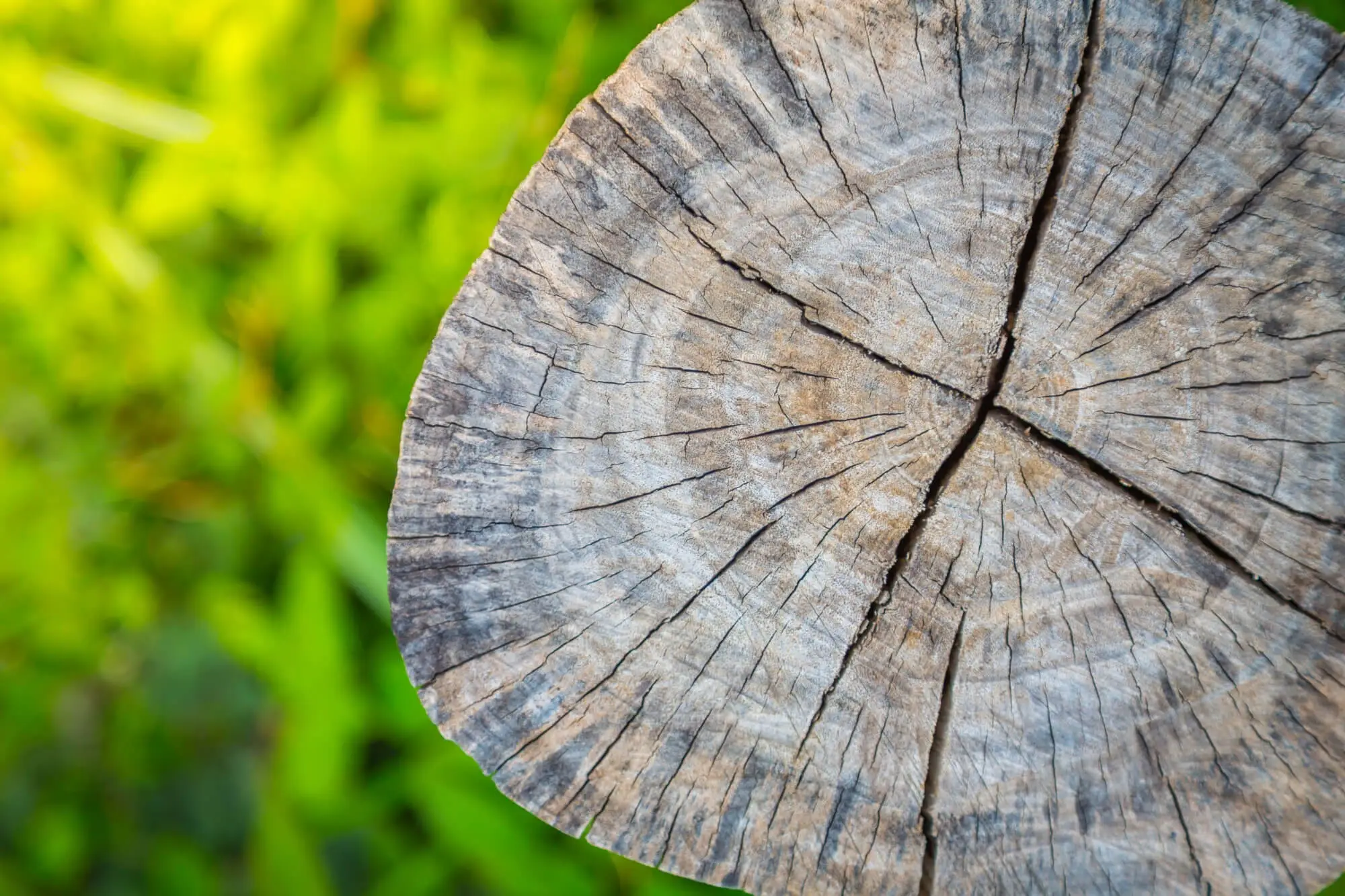Science
ABOUT science
The biology of aging is still largely a mystery. Researchers are working hard to unravel the molecular and cellular causes of aging and to find ways to prevent age-related diseases. These discoveries, and the science that may help people stay healthy as they age, are reported here.
SCIENCE.
NEWS
6.2.2026
Key protein identified that could reverse brain aging


News
February 9, 2026
News
February 9, 2026
Key protein identified that could reverse brain aging
Researchers have identified an important protein that helps aging brains maintain the ability to regenerate neural stem cells — a process that is closely linked to learning and memory. The results show how age-related molecular changes impair this regenerative capacity and point to new biological pathways that could be used to slow down cognitive decline.
Quelle
“DMTF1 up-regulation rescues proliferation defect of telomere dysfunctional neural stem cells via the SWI/SNF-E2F axis” by Yajing Liang, Oleg V. Grinchuk, Nadia Omega Cipta, Yingying Zeng, You Heng Chuah, Jeehyun Yoon, Zi Jian Khong, Hui Ying Chow, Winanto Ng, Chin Tong Ong, Shuo-Chien Ling, Shi-Yan Ng, Yuin-Han Loh and Derrick Sek Tong Ong, January 2, 2026, Science Advances. DOI: 10.1126/sciadv.ady5905
18.1.2026
Scientists discover a hidden switch to longevity


News
January 19, 2026
News
January 19, 2026
Scientists discover a hidden switch to longevity
Researchers have discovered a surprising connection between environmental perception and lifespan in roundworms. The study shows that even simple sensory stimuli such as touch can deactivate a central longevity gene — a gene that normally extends lifespan under calorie restriction conditions.
Quelle
“Metabolic regulation of behavior by the intestinal enzyme FMO-2” by Elizabeth S. Kitto, Safa Beydoun, Ella Henry, Megan L. Schaller, Mira Bhandari, Sarah A. Easow, Angela M. Tuckowski, Marshall B. Howington, Ajay Bhat, Aditya Sridhar, Eugene Chung, Charles R. Evans and Scott F. Leiser, 24 October 2025, Science Advances. DOI: 10.1126/sciadv.adx3018
31.12.2025
Researchers discover new type of DNA damage hidden in mitochondria


News
January 5, 2026
News
January 5, 2026
Researchers discover new type of DNA damage hidden in mitochondria
Scientists have discovered a previously unknown form of mitochondrial DNA damage. The newly identified “sticky” DNA markers accumulate much more in mitochondrial DNA than in nuclear DNA, causing them to change energy production and trigger cellular defense mechanisms.
Quelle
Y. H. Chen, M. Esparza Sanchez, T.I. Hung, J. Tang, W. Xu, J. Yin, Wang, C.A. Chang, H. Zhang, J. Chen, & L. Zhao, Glutathionylated DNA adducts accumulate in mitochondrial DNA and are regulated by AP endonuclease 1 and tyrosyl-DNA phosphodiesterase 1, Proc. Natl. Acad. Sci. United States 122 (47) e2509312122, https://doi.org/10.1073/pnas.2509312122 (2025).
18.12.2025
Scientists Discover a Way to Recharge Aging Cells


News
December 29, 2025
News
December 29, 2025
Scientists Discover a Way to Recharge Aging Cells
Researchers at Texas A&M University have found a way to revive tired or damaged cells by giving them a fresh supply of mitochondria, the tiny structures that power cellular life.
Quelle
Nanomaterial-induced mitochondrial biogenesis enhances intercellular mitochondrial transfer efficiency” by John Soukar, Kanwar Abhay Singh, Ari Aviles, Sarah Hargett, Harman Kaur, Samantha Foster, Shounak Roy, Feng Zhao, Vishal M. Gohil, Irtisha Singh and Akhilesh K. Gaharwar, 24 October 2025, Proceedings of the National Academy of Sciences.
11.12.2025
The key molecule responsible for the anti-aging effect of sport


News
December 16, 2025
News
December 16, 2025
The key molecule responsible for the anti-aging effect of sport
Systematic molecular blueprint of how exercise reshapes human homeostasis Repeated exercise boosts circulating betaine partly via renal synthesis Betaine inhibits TBK1, reducing senescence and inflammation Betaine exerts multi-organ geroprotection in aged mice
Quelle
Systematic profiling reveals betaine as an exercise mimetic for geroprotection Geng, Lingling et al. Cell, Volume 188, Issue 19, 5403 - 5425.e33
SCIENCE.
EXPLAINED


Science.
Quote
The goal of a genome analysis is not to find out what you will die of, but rather to learn how to prevent diseases from occurring.
George Church
American geneticist, molecular engineer, chemist, and "founder of genomics"



















